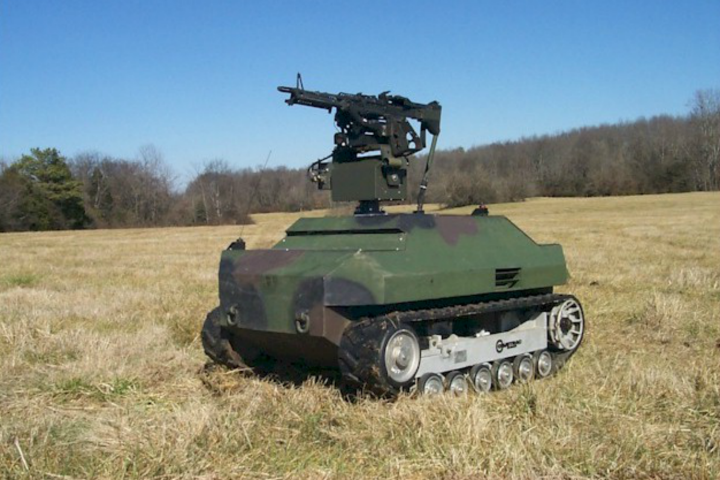
Calling it the “third revolution in warfare,” the signatories caution of an upcoming killer robot arms race that could have devastating consequences. “Lethal autonomous weapons will permit armed conflict to be fought at a scale greater than ever, and at timescales faster than humans can comprehend,” the letter warns. “We do not have long to act. Once this Pandora’s box is opened, it will be hard to close.”
Specifically addressing attendees at the International Joint Conference on Artificial Intelligence (IJCAI) in Melbourne, the letter urges swift action to add “morally wrong” autonomous weapons systems to the list of weapons banned as part of the 1983 International Convention on Certain Conventional Weapons. Groups such as the Human Rights Watch want the UN to mandate that humans remain in control of weapons systems during combat, including the selection of targets, to ensure compliance with international law.
At a UN conference on the subject in 2015, the U.K. opposed a similar ban, claiming that they were not planning to develop any lethal autonomous systems. As the Guardian notes, however, there’s no real definition of what an “autonomous system” is. Some defense systems already in use, such as the U.S. Phalanx anti-missile cannon, are not only computer-controlled and radar-guided, but also programmed to respond automatically to incoming threats.
“The U.S. is farther along in this field than any other nation. Most advanced militaries are pursuing ever-greater autonomy in weapons,” said Stephen Goose, co-founder of the Campaign to Stop Killer Robots. “Killer robots would come in all sizes and shapes, including deadly miniaturized versions that could attack in huge swarms, and would operate from the air, from the ground, from the sea, and underwater.”
Elon Musk has been particularly outspoken on the dangers of artificial intelligence, and has referred to research on the subject as “summoning a demon.” Even the wealthy elites at the economic forum in Davos have worried about the rise of the machines.
Warfare has been around as long as humans have, and will undoubtedly continue in the future. The dilemma facing world leaders now is what form it will take, and who (or what) will wage it.


